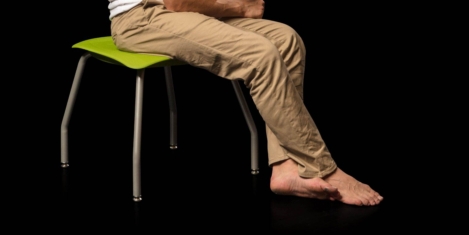August 21, 2017
Office sector undergoing transformational structural disruption in response to changing supply and demand
 Amid varying economic performances and property fundamentals, North American and European office leasing markets are generally performing well as they undergo an important shift in dynamics influenced by trends transforming both occupier demand and the supply of new product. Traditional drivers of demand are being joined by emerging disruptors that will increasingly shape the future of the office-space market and commercial real estate as a whole. These are some of the key trends noted in Avison Young’s Mid-Year 2017 North America and Europe Office Market Report. According to the report, of the 64 office markets tracked in North America and Europe, which comprise almost 6 billion square feet, market-wide vacancy rates decreased in 40 of the markets as nearly 52 million square feet was absorbed. Occupiers’ desire for new products remains strong and developers have responded, according to the report, with more than 62 million sq. ft. of office space was completed during the 12-month period ending June 30, 2017.
Amid varying economic performances and property fundamentals, North American and European office leasing markets are generally performing well as they undergo an important shift in dynamics influenced by trends transforming both occupier demand and the supply of new product. Traditional drivers of demand are being joined by emerging disruptors that will increasingly shape the future of the office-space market and commercial real estate as a whole. These are some of the key trends noted in Avison Young’s Mid-Year 2017 North America and Europe Office Market Report. According to the report, of the 64 office markets tracked in North America and Europe, which comprise almost 6 billion square feet, market-wide vacancy rates decreased in 40 of the markets as nearly 52 million square feet was absorbed. Occupiers’ desire for new products remains strong and developers have responded, according to the report, with more than 62 million sq. ft. of office space was completed during the 12-month period ending June 30, 2017.























 An increase in the number of UK-born employees leaving the UK’s workforce, either through retirement or emigration is coinciding with a shrinking pool of younger workers, which a fall in immigration can no longer fill, a new report warns. An analysis of the UK’s workforce showed that the UK’s workforce grew in 2016-2017 only because of an increase in EU and non-EU workers.
An increase in the number of UK-born employees leaving the UK’s workforce, either through retirement or emigration is coinciding with a shrinking pool of younger workers, which a fall in immigration can no longer fill, a new report warns. An analysis of the UK’s workforce showed that the UK’s workforce grew in 2016-2017 only because of an increase in EU and non-EU workers. 













